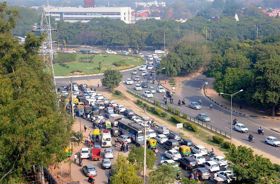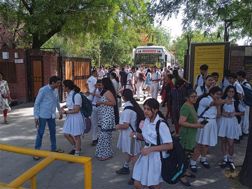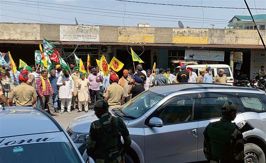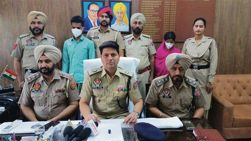Saurabh Malik
Tribune News Service
Chandigarh, January 21
Justice came Shree Ram’s way after his death. An employee with the Railways, he fought for withdrawal of his plea for voluntary retirement submitted way back in November 1984. By the time his case was finally decided in his favour by the Punjab and Haryana High Court, he was represented by his widow.
Nearly 34 years after his hopes for rejoining the department he had served for more than two decades were derailed, the High Court quashed the order rejecting his application for withdrawal of his request. The court was informed about his death in August 2018.
The Bench, at the same time, held that the 1942-born employee would have retired long ago in the normal course on attaining the age of superannuation. Shree Ram, however, was stated to have died and his widow was contesting the matter as his legal representative.
“In these circumstances, even though the order dated February 28, 1985, has been quashed, he cannot be granted the benefits of actual emoluments as he had not worked during the period. So he would only be entitled to the notional benefits of pay fixation towards pensionary benefits,” asserted the Bench of Justice Rajiv Sharma and Justice Harinder Singh Sidhu.
The case depicting the way the system works has its genesis in Shree Ram’s request for voluntary retirement from the post of clerk after citing family circumstances. His request was accepted in January 1985 and he was allowed to retire voluntarily after the expiry of three-month notice period.
Citing changed domestic circumstances, he submitted an application on February 22, 1985, to withdraw his earlier request for voluntary retirement. But his request submitted before the effective date of voluntary retirement was declined on February 28, 1985, following which he submitted another request the same day.
A writ petition initially filed by him to allow him to rejoin duty was allowed by the High Court in January 2003. Acting on the Union of India’s appeal, the Supreme Court, in September 2015, set aside the judgment, holding it to be without jurisdiction in view of the Administrative Tribunals Act effective from July 1985.
The writ petition was directed to be transferred to the Central Administrative Tribunal, which set aside the impugned order. The review was also dismissed, following which the Union of India moved the High Court. “There is no merit in this writ petition,” the Bench concluded.


























